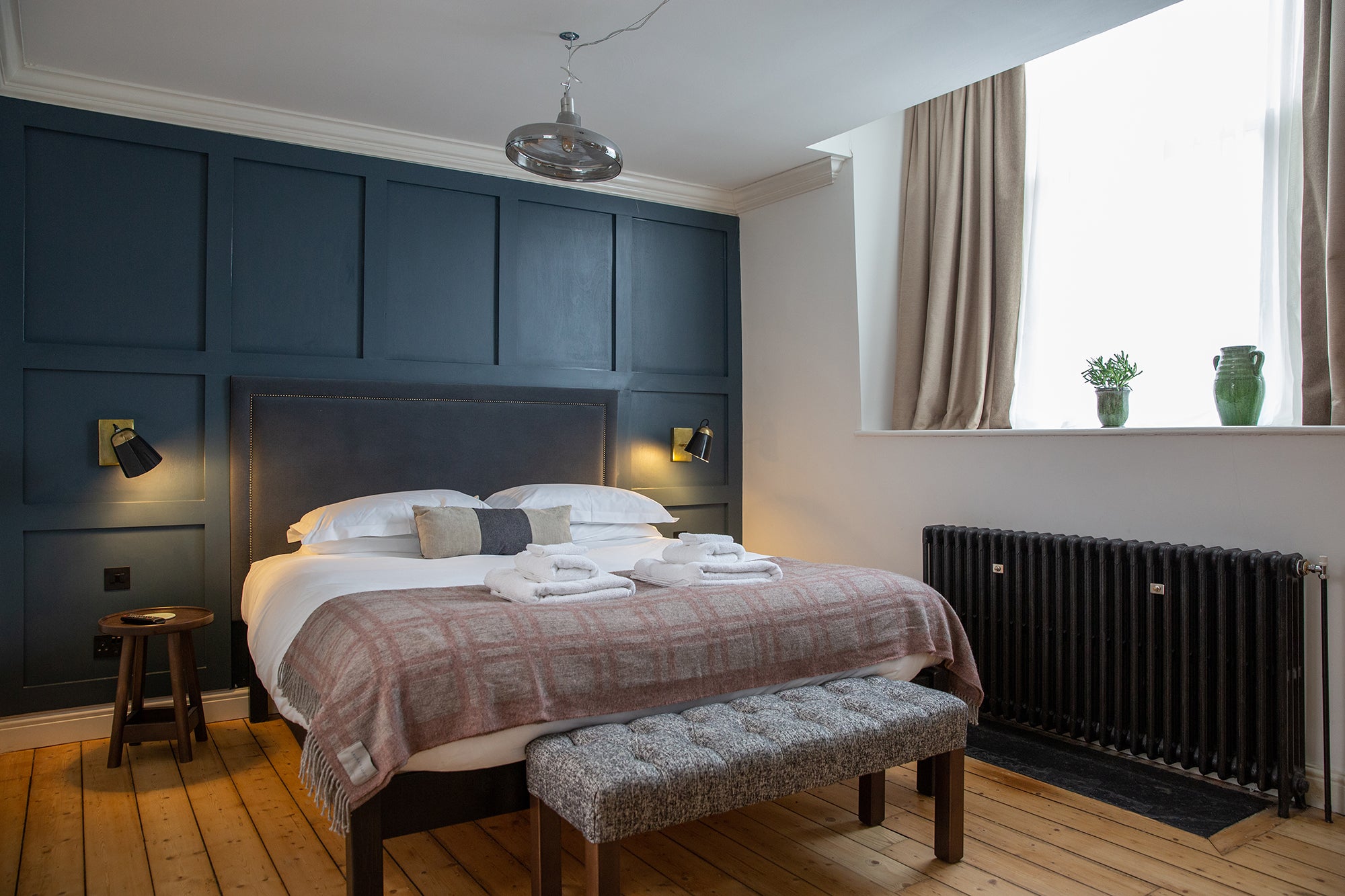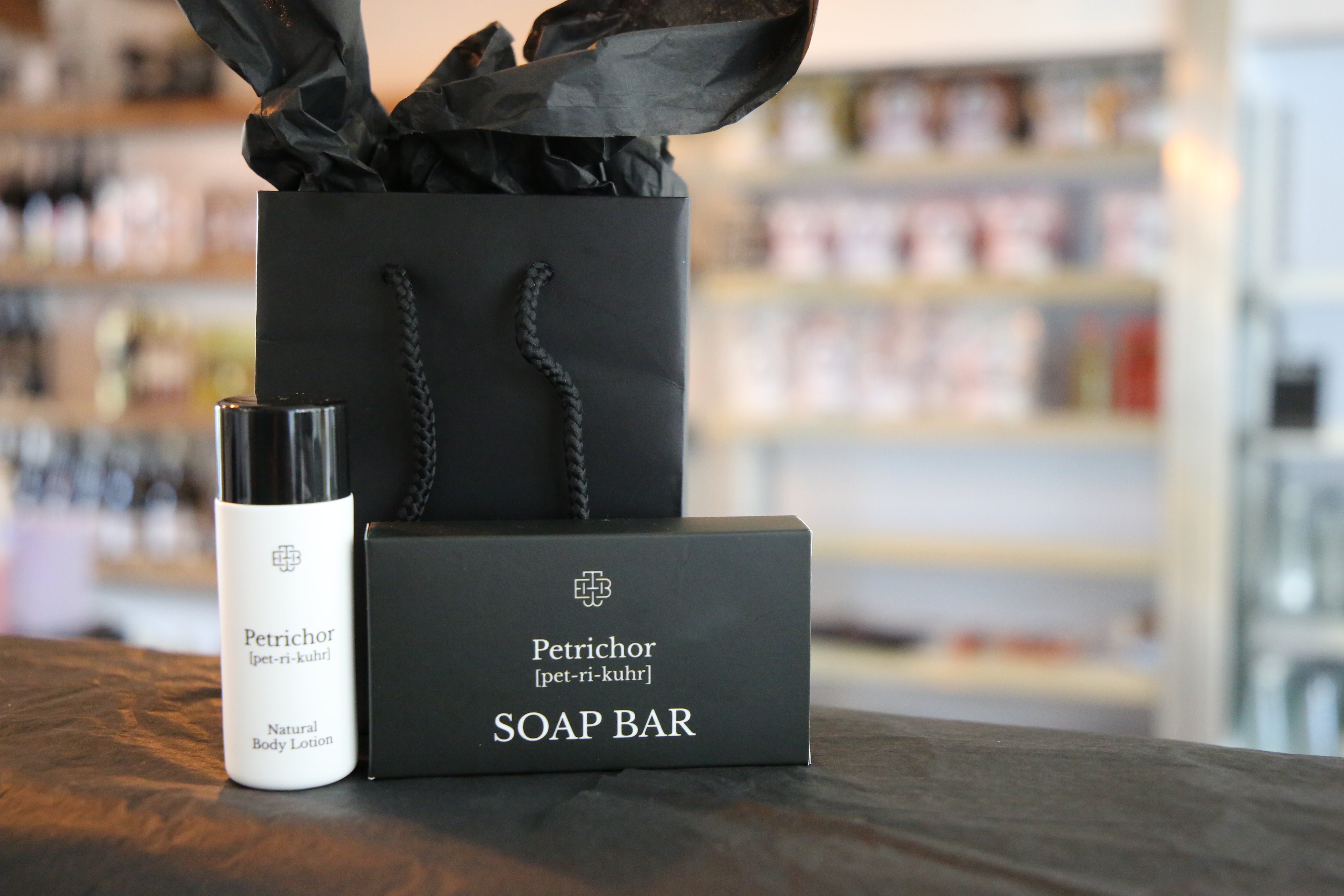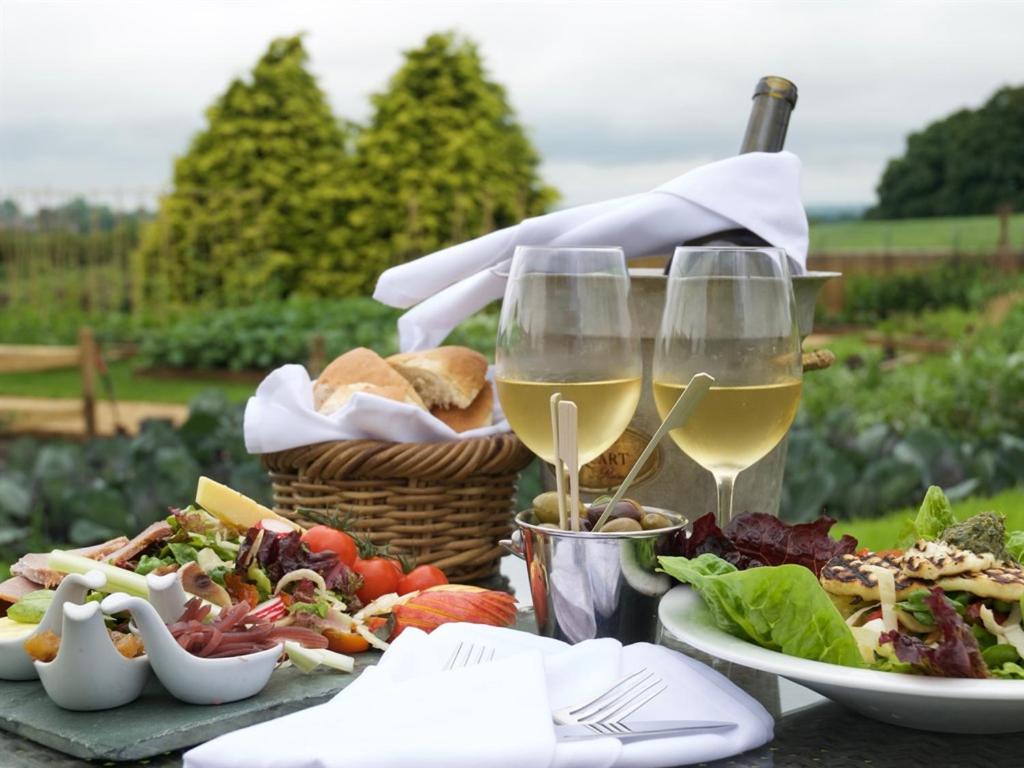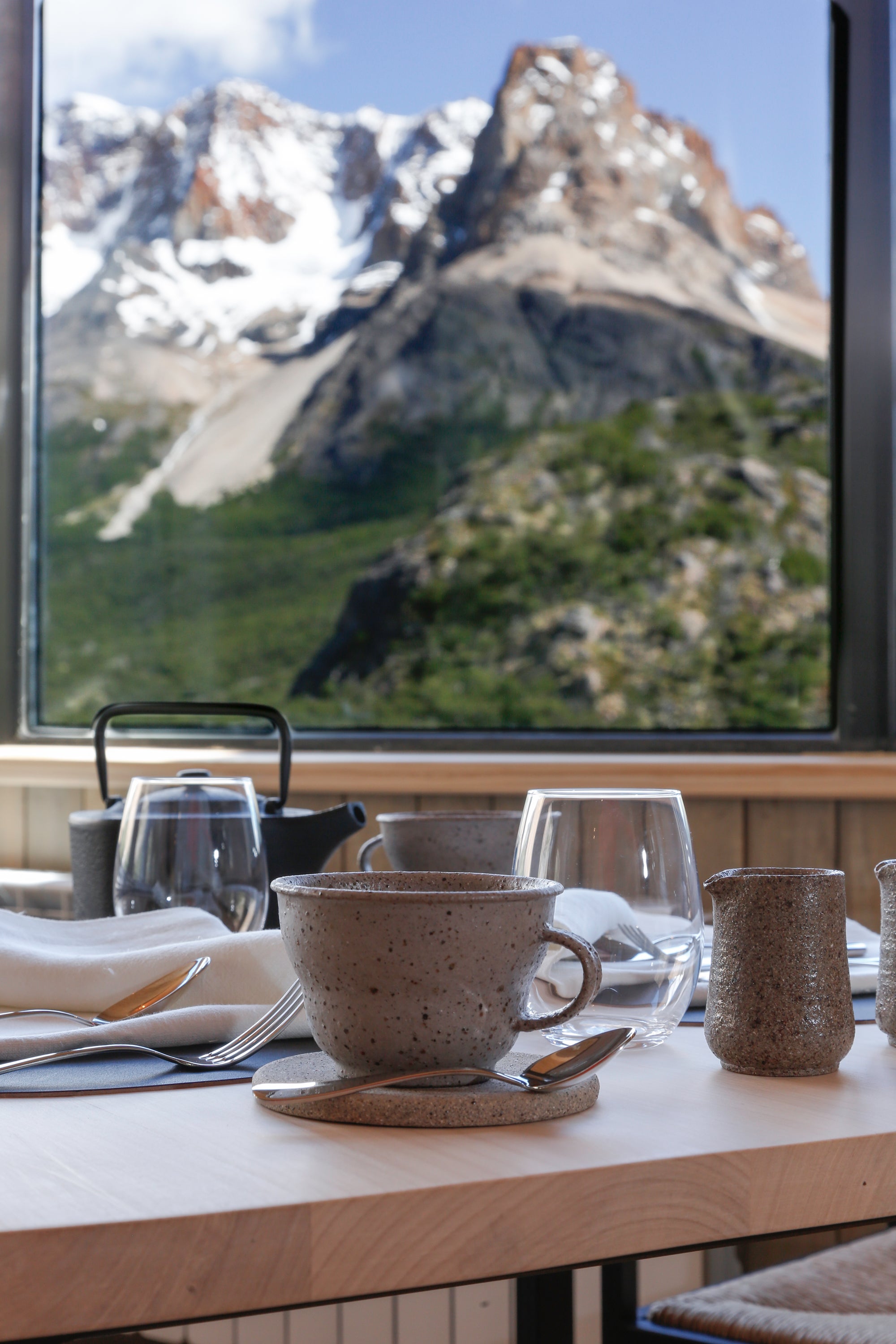Local or bust: why hotels are sourcing amenities on their doorstep
Soap made in the next town over, ceramics from local artisans, straws from your own backyard – a much-needed hyper-local mindset has made its way into the hotel industry, says Lucy Thackray


In The Independent’s travel trends column, Trendwatch, we dig into the types of trip, modes of transport and top buzzwords to watch out for.
I still remember the scent of a bar of hotel soap I’ll probably never be able to get my hands on again. It was at the Ritz-Carlton Phulay Bay resort in Thailand, and it was made from rice milk. Rubbed between your palms, it sent up the comforting, creamy smell of simmering rice found all over this beautiful nation, infusing the moment with a sense of place I can snap back to at will, even today. I’d bet you anything that soap was either homemade, or sourced nearby.
This was in 2014, which would make the Ritz-Carlton a little ahead of its time. Eight years on, stocking your hotel with products made by and representing the local community is a serious trend. The shift towards hyper-local and “slow” food – minimising importing miles and carbon emissions – is no secret, with nearby farms regularly shouted-out on breakfast menus (ideally your crashpad grows its own veggies right on site, with extra points for zero-waste concepts). But the all-local trend has grown to cover amenities such as hotel toiletries, furnishings, bar stock and even gift shop trinkets.
This trend is being largely spurred on by boutique, independent and luxury hotels, which have taken notice of two things guests appreciate: a personal touch and an eye on sustainability
It’s being largely spurred on by boutique, independent and luxury hotels, which have taken notice of two things guests appreciate: a personal touch and an eye on sustainability. You’ll spot local gins and liqueurs popping up in hotel bars; locally designed furniture in lobbies; and smatterings of artworks created by local talent or resident creatives.
Some hotels are obsessed with keeping as many things local as possible. Austrian ski pad Naturhotel Forsthofgut serves drinks with straws that are quite literally straw, picked from its own land. It has an “R50” stamp on its menus to highlight produce that comes from within a 50km radius, and all water used for drinking and bathrooms comes from its own spring on the premises. Somewhat quirkily, all guests are also given an organic potato pack from a neighbouring farm.

At Yorkshire Dales hideaway The Black Bull at Sedbergh, the owners commissioned Sedbergh Soap Co to create a bathroom scent especially for them – named Petrichor, the word for the smell of earth after the rain. They also installed Herdwick wool carpets from Sedbergh-based Wools of Cumbria, room fabrics by nearby Laura’s Loom, and tasked a local blacksmith with creating cooking areas and griddles. In this way, involving the community in a hotel project – and telling guests about their craft – can be both luxurious and revenue-generating for an area.
Even the well-trodden area of local food is still evolving. Berkshire hotel The Retreat at Elcot Park hosts a monthly farmers market full of stalls from local Newbury businesses, while at The Holcombe, Somerset, owner Alan Lucas is on a mission to proudly list a nearby supplier for every item in the building: milk and butter from Longman’s Dairy in nearby North Cadbury, flowers from Fosse Farm a 20-minute walk away, beer from Butcombe Brewering Co, 20 miles west.
Alan says: “We are committed to reducing our carbon footprint and believe every business should be doing as much as it can to stay sustainable. Sourcing locally, producing our own food and having sustainable operations is a critical aspect of our ethos; people increasingly look to hotels that are operating in an ethical way.”

Once you spot a trend like this, you suddenly see it everywhere. During two separate visits to the Cotswolds this summer, I fell in love with a brand I’d never seen before, 100 Acres – first in the facilities of a glamping site, then at the delightful pub-with-rooms the Double Red Duke. On enquiring at the second, I realised it was a Cotswolds brand, made with English-country-garden scents such as geranium, lavender and sage just 35 miles from the Duke’s doorstep.
In more far-flung spots, recent Argentinian opening Explora El Chalten created its look by buying in locally made earthen ceramic tableware, crafted from Tierra del Fuego stone by a women’s co-operative. The team also sourced bath products made locally with a unique, citrussy Patagonian herb, paramela, as well as Patagonian wines and spirits from small local producers. “The regions we operate in are so remote, the people there often solely rely on tourism,” explains the team.
This is one of those trends that’s inherently a good thing – for both the punter and the community. On top of the “surprise and delight” factor for guests, introducing them to the fruits of the area, making use of local produce is one of the criteria for becoming a B Corp – a stamp of sustainability which Explora, among others, holds.

“The B Corp movement is a community of companies devoted to business as a force for good. It’s a commitment to improve our impact in the spheres of community, environment, customers, and workers, all of whom are very important stakeholders for the travel industry,” says Explora’s sustainability director, Juan Marambio. “Being a B Corp does not imply that a business is perfect, but the certification is a commitment to improve your impact in every possible way.”
On top of the ‘surprise and delight’ factor for guests, introducing them to the fruits of the area, making use of local produce is one of the criteria for becoming a B Corp
Ethical specialists Responsible Travel point me towards Tobago Beach Accommodation, a dedicated eco-resort on the Caribbean island of the same name. Here, the family owners have given their employees a distinct stake in the business, encouraging them to set up official “satellite businesses” under the resort’s name, such as airport transfer services, laundry systems, bakery suppliers and boat trip operators. The resort takes no commission from the fees guests pay to use these local-run services. It’s all about the tourist’s cash going into the pockets of as many locals as possible, rather than people oceans away with no connection to the place.
As long as big hotel brands are still importing luxury products from halfway across the planet – you’ll still see a lot of Parisian brand names in New York and Middle Eastern hotels, for example – it’s clear the local-first approach hasn’t by any means spread everywhere. But if hotel fans can take note of and reward the stays sending cash back into their home towns, perhaps we can make it a worldwide phenomenon.






Join our commenting forum
Join thought-provoking conversations, follow other Independent readers and see their replies
Comments